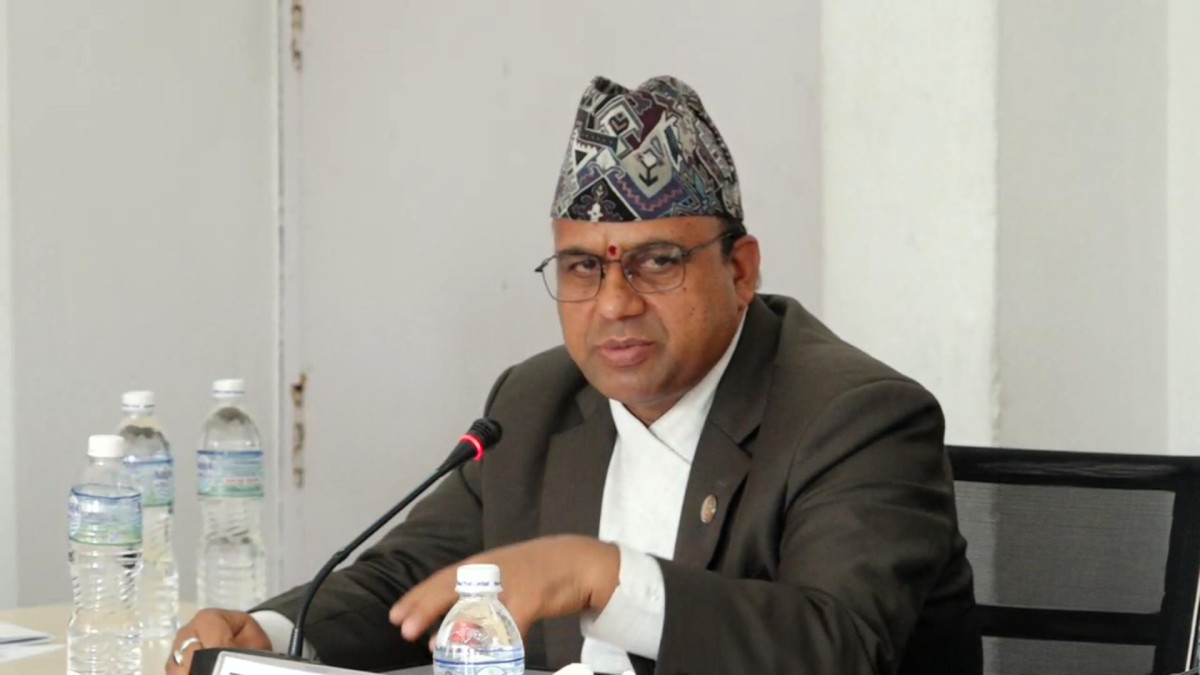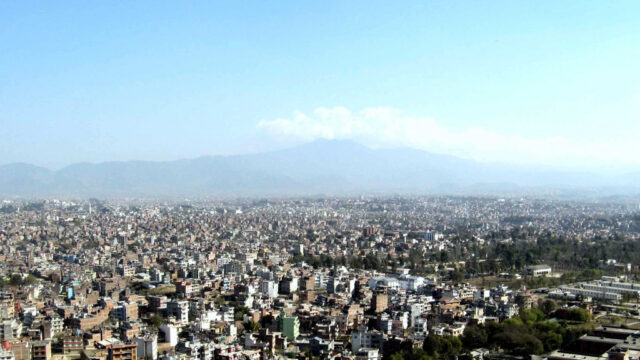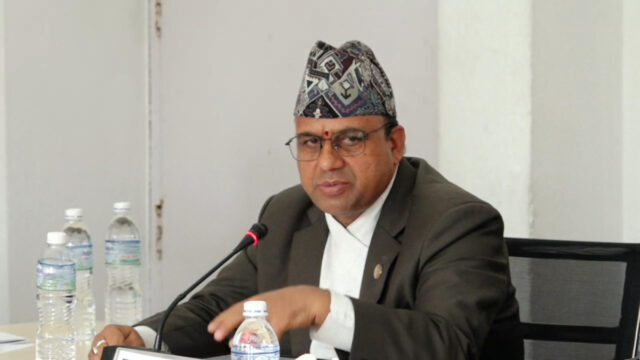In a significant push for aviation reform, Minister for Culture, Tourism, and Civil Aviation, Badri Prasad Pandey, has strongly emphasized the need to expedite the Civil Aviation Authority Bill and the Nepal Air Service Authority Bill, 2081 without further delay. Addressing the meeting of the International Relations and Tourism Committee of the House of Representatives held today at Singha Durbar, Minister Pandey underlined that the draft legislations are not merely the government’s agenda but should be developed in collaboration with the committee, concerned stakeholders, and aviation experts.
Clear Structural Reform for Aviation Sector
“The bills propose separating the regulatory and service-providing functions of civil aviation into two independent entities,” Minister Pandey clarified. He further added that the move aligns with the recommendations from the International Civil Aviation Organization (ICAO) and meets Nepal’s own urgent requirements to improve air safety and service delivery. “There is no ambiguity in the need to restructure Nepal’s aviation sector, our aviation safety challenges persist, and this reform is essential,” he stated.
The Minister also informed the committee that extensive consultations had been held with stakeholders and aviation professionals during the drafting process. He asserted that separating the regulator from the operator and ensuring autonomous functioning of both entities is crucial to enhancing Nepal’s aviation safety standards and international standing.
Extensive Parliamentary Discussion Underway
Minister Pandey expressed optimism that the bills will soon move toward conclusion, stating that 75 lawmakers have already taken part in preliminary deliberations. The next step, he explained, will involve an in-depth discussion on the proposed amendments. “Now is the time to move forward decisively after considering all inputs,” he added.
The Minister’s remarks reflect the urgency of improving Nepal’s aviation infrastructure, safety oversight, and compliance with global standards, especially at a time when the country remains under scrutiny from international aviation watchdogs due to past lapses in safety.
Parliamentary Committee Prioritizes the Legislation
Committee Chairperson Rajkishor Yadav echoed the Minister’s sentiments, stressing that the bills should be prioritized as they are directly linked to Nepal’s national image and international reputation. He urged fellow lawmakers to treat the legislation with the seriousness it deserves and to contribute actively during discussions.
“The quality of our air services affects not only tourism and trade but also our diplomatic standing globally,” Yadav said, pointing out that delayed legislative action could further impact Nepal’s efforts to regain international aviation trust, including lifting of bans by the European Union.
Committee Members Show Unanimous Support
The committee members were largely united in their support for accelerating the legislative process. Lawmaker Eknath Dhakal noted that the bill has reached the committee after prolonged deliberation and must now be included in the legislative schedule for formal progression.
Similarly, Sudan Kirati, another committee member, highlighted that Nepal’s air service is linked to its diplomatic and international branding, and therefore the legislation must be concluded at the earliest. “This isn’t just a technical bill, it’s about Nepal’s prestige in the global aviation community,” he said.
Lawmaker Hit Bahadur Tamang stressed the need for clause-wise discussions to ensure that all components of the bill are thoroughly vetted and logically structured. Likewise, Shishir Khanal emphasized the importance of embedding strong aviation safety systems in the new structure to avoid future operational and reputational risks.
Veteran lawmaker Bhim Acharya asserted that moving the bills forward is not optional, and that delaying them could cost Nepal both economically and diplomatically. Another MP, Prabhu Sah, echoed this sentiment and urged the committee and government to waste no further time in enacting the bills.
Reform to Align with Global Aviation Standards
The core objective of the two bills is to bring Nepal’s aviation sector in line with global civil aviation norms. As per the proposal, the existing Civil Aviation Authority of Nepal (CAAN) would be restructured to form two distinct bodies:
- A Regulatory Authority to oversee licensing, safety inspection, compliance with ICAO protocols, and enforcement of aviation laws.
- A Service Provider Entity responsible for the operation and management of airports, air navigation services, and other commercial aviation services.
This model of separation is widely adopted in many developed countries and is considered a best practice for avoiding conflict of interest and improving operational transparency.
ICAO Recommendations Driving the Reform
Nepal’s civil aviation reform effort is largely driven by ICAO’s safety audit recommendations and the need to address longstanding structural flaws that have hampered regulatory enforcement and safety oversight. Several aviation incidents in the past decade have underscored the need for such structural changes, prompting international aviation bodies to pressure Nepal to act swiftly.
The reform is also critical for removing Nepal’s aviation industry from the European Union’s safety blacklist, a goal the government has publicly committed to achieving within the next few years.
Looking Ahead: Time for Action
As discussions within the committee progress, stakeholders, lawmakers, and aviation professionals alike are calling for urgent action. With both tourism and international credibility at stake, the swift enactment of these two pivotal bills could mark a turning point for Nepal’s civil aviation sector.
The parliamentary committee, with cross-party consensus and government backing, now has the mandate to drive these reforms to conclusion. The coming weeks will be decisive in determining whether Nepal can modernize its aviation governance and reposition itself as a safe and reliable airspace for international and domestic travelers alike.





